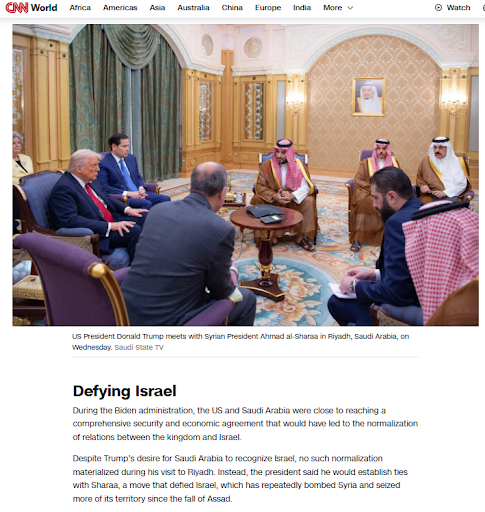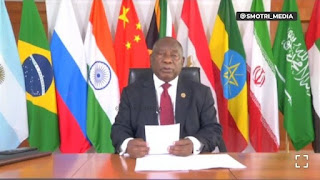
China, Pakistan agree with Kabul to expand CPEC to Afghanistan
The foreign ministers emphasized deeper cooperation in trade, infrastructure, and security, reaffirming their commitment to counterterrorism and regional stability.
The next trilateral meeting will be held in Kabul. The talks took place during Deputy PM Ishaq Dar’s visit to China, which also addressed the recent Pakistan-India tensions and reaffirmed the strong China-Pakistan partnership.









































